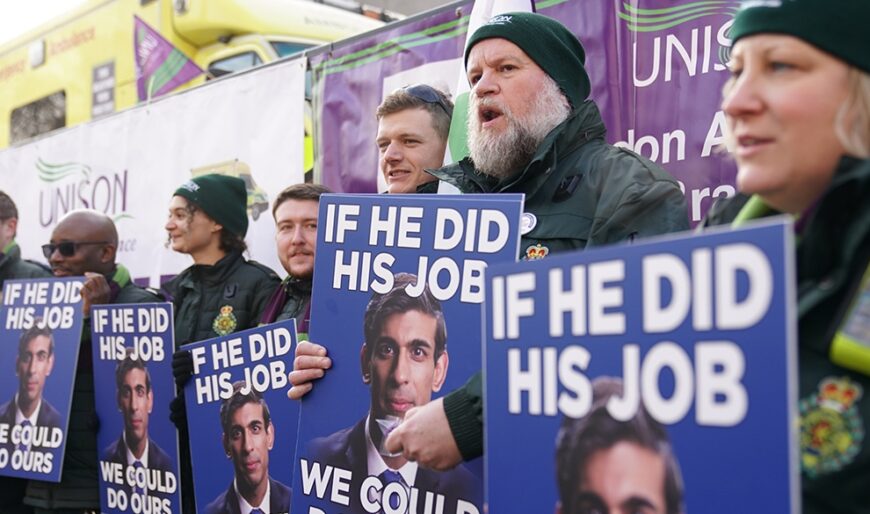Professor Keith Ewing
Professor Keith Ewing is Professor of Public Law at King's College London. He has written extensively on labour law including recognition procedures and international standards. He is the President of the Institute of Employment Rights and a Vice President of the Campaign for Trade Union Freedom.
Lord John Hendy KC
Lord Hendy KC is Chair of the Institute of Employment Rights. He is a barrister specialising in industrial relations law, based in Old Square Chambers, London. He is President of the International Centre for Trade Union Rights (ICTUR) and a Vice President of the Campaign for Trade Union Freedom.









Minimum Prospects: the Government’s latest attack on Workers’ Rights